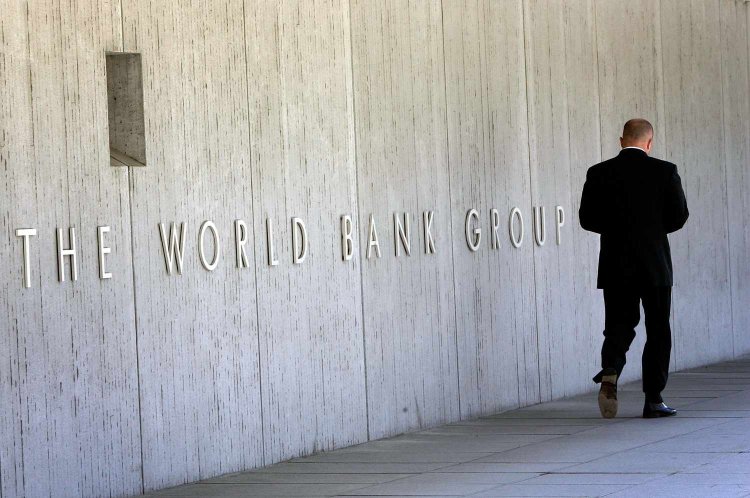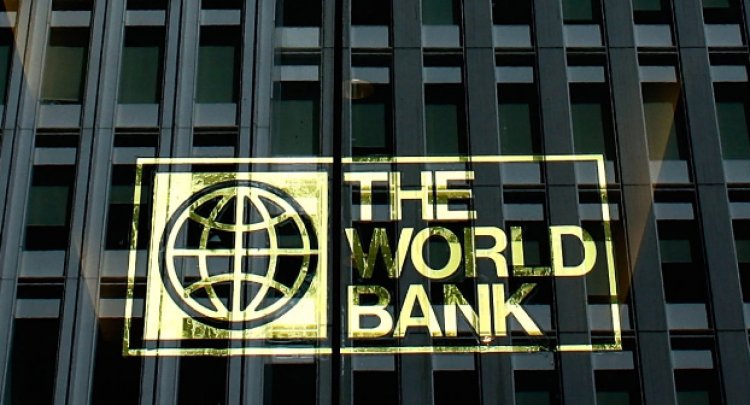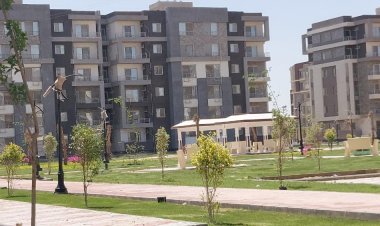$207 million.. Support from the World Bank for Yemen
21.6 million people in Yemen will require some form of humanitarian assistance in 2023

The World Bank said in a statement on Monday that it had approved an additional financing of $207 million for Yemen, with the aim of addressing the chronic problems of food insecurity and malnutrition in the impoverished country that has been suffering from bitter conflict for years.
Emergency project
This is the second additional financing that the country receives within the framework of the emergency project to enhance social protection and respond to the Corona pandemic in Yemen, which was launched by the World Bank in December 2020, at a value of $ 503.9 million.
The bank had approved a first additional financing under the same project in the amount of $300 million in March 2022.
The bank said the new financing, provided as a grant from the World Bank's International Development Association, will help sustain and expand the original project under implementation. about 1.8 million Yemeni families are expected to benefit from the new additional financing.

Improving the lives of Yemenis
“This additional financing reflects the World Bank’s unwavering commitment to improving the lives of Yemenis caught in the midst of multiple crises, including conflict, food insecurity and climate-related emergencies,” said Tanya Meyer, Country Director of the World Bank in Yemen.
"We aim to provide a lifeline to those who need it most, and lay the foundation for a more sustainable and resilient future for the Yemeni people," she added.
According to the World Bank, 21.6 million people in Yemen will require some form of humanitarian assistance in 2023, with 19 million citizens either in crisis, in a state of emergency, or in catastrophic levels of food insecurity.

Yemen has been witnessing a conflict for more than eight years between a Saudi-led military coalition and the Iran-aligned Houthi group.
The war has killed tens of thousands, destroyed infrastructure and the economy, and left two-thirds of the population, more than 21 million people, in need of assistance.


 Shrouq
Shrouq 












